PROSPECTIVE DIRECTIONS OF DEVELOPMENT OF THE MUNICIPAL PROPERTY COMPLEX
In the article, the author describes the existing problems in the development of the property complex using municipalities as an example. Attention is drawn to the fact that new digital technologies should be used in property management. This is due to a change in the attitude of consumers of services for the use of the property complex.
The experience of managing municipal property was studied using the example of the municipality of Perm. The statements of scientists about problems with the property complex are given. Based on the available data, it was determined that more radical measures are needed to ensure economic security with municipal property transactions. Data on property transactions in recent years are presented. Examples of land use are presented.
General scientific research methods provide explanations for the need to change property management methods. New solutions using existing examples indicate the need for special control by the public. Control over municipal property can be carried out by local authorities and business and society. Theoretical problems of municipal property management taking into account changes in legislation at the federal level. Substantiation of scientific and methodological provisions of a conceptual nature applicable to municipal property management and solving local problems of property management and accounting at the municipal level.
Specific examples of the implementation of digital platforms are given for the management of municipal property in the territory of a single municipality. The difference in the property complex management systems of different municipalities depends on their budgets. But the general problems are identical, this is a lack of funds allocated for the digitalization of property. In particular, the situation with the use of new digital technologies is at a low level when creating digital "doubles".
Property complex management should be not only economic in nature, but also social. The development of digital technologies using the example of the municipal property complex management mechanism shows the need to allocate more funds for this. The main requirements for changing the property management mechanism are its transformation on digital platforms. It will take some time to transform existing management processes to general online property management mechanisms.
Rozhkov E.V. “Prospective directions of development of the municipal property complex”, Research Result. Economic Research, 11(1), 53-64, DOI: 10.18413/2409-1634-2025-11-1-0-5




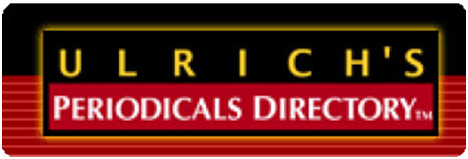




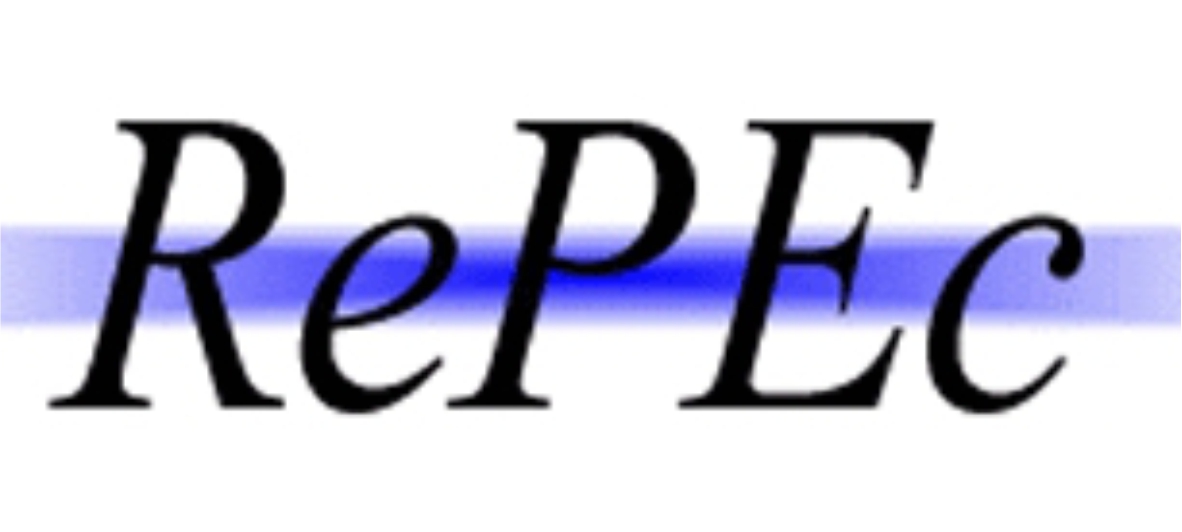

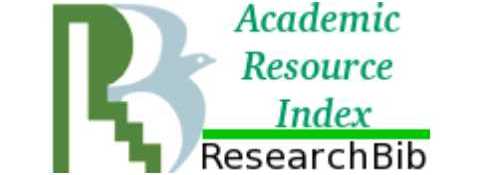

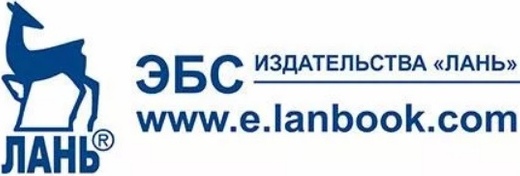
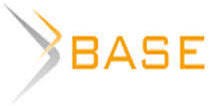


While nobody left any comments to this publication.
You can be first.
1. Rozhkov E.V. (2021), “Improving the mechanisms and regulatory framework for creating a digital platform for municipal property management / E.V. Rozhkov”, Bulletin of the South-Russian State Technical University (NPI). Series: Social and Economic Sciences, No. 5: 142-147.
2. Rozhkov E.V. (2022), “Problems of formation (implementation) of a digital platform for municipal property management”, Information technologies in management and economics,
No. 3: 4-15.
3. Kalugina N.G., Chuvashova O.M. (2023) “Current problems of municipal property management in modern conditions”, Current problems of science in the research of students, scientists, practitioners. International scientific and practical conference. Izhevsk. April 26-27, 2023: 778-784.
4. Martyanova Yu.M., Tarasov Yu.A. (2023), “Improving the municipal property management system”, Current issues of public administration, economics, law in the context of digitalization. International scientific and practical conference. T. 2. KAGiMS. Kursk. May 12, 2023: 44-51.
5. Kondratenko Z.K. (2020), “Legal regulation of increasing the efficiency of public control over the use of municipal property in the context of digitalization”, Agrarian and land law, No. 10 (190): 62-65.
6. Frolova E.A., Shcherban E.G. (2019), “Digital economy: municipal aspect”, Bulletin of the SSSEU, No. 1 (75): 17-21.
7. Assadulina A.V., Vilkul N.A. (2024), “Digital ecosystems: methodological foundations and structural transformation in Russia”, Russian Economic Bulletin, Vol. 7, No. 1: 358-370.
8. Tikhalyova E.Yu. (2020), “Legal basis for the implementation of digital technologies at the local level”, Innovative environment in modern Russia: risks and opportunities. Barnaul. March 19, 2020: 51-55.
9. Eliseev E.V. (2021), “Analysis of the emergence and development of the digital economy in Russia”, Digital economy, smart innovations and technologies. National (All-Russian) scientific and practical conference with foreign participation. St. Petersburg, POLYTECH-PRESS: 70-74.
10. Stepanova I.S., Vorotnikov A.M. (2020), “New opportunities for civil society presented by digital platforms, using the example of the Arctic 2035 digital platform”, Arctic 2035: topical issues, problems, solutions, No. 1: 51-57.
11. Steblyuk I.Yu. (2020), “Typification of platform concepts”, Innovations and investments, No. 2: 93-96.
12. Simonova V.L., Odinamatov A.A., Protynyak R.R. (2020), “Trends in digital transformation of business in the context of the sharing economy”, Journal of Economic Theory, 17, 2: 514-518.
13. Ladyzhenskaya T.P. (2021), “Digitalization in the management of state (municipal) property, problems and prospects for implementation in the management of state (municipal) property on the example of the Khanty-Mansiysk Autonomous Okrug-Yugra”, Theoretical Economics, No. 2: 34-45.
14. Khuzieva E.F., Abdurafieva D.E. (2024), “Development of digital platforms and their role in the economy”, Effective management of the economy: problems and prospects. IX All-Russian scientific and practical conference. KFU. Simferopol. April 16, 2024: 371-375.
15. Melikhov A.A. (2021), “Ensuring continuous development of software products certified according to safety requirements”, Proceedings of the XXIX International scientific and practical conference. IPU RAS. Moscow, December 15, 2021: 189-195.
16. Ibragimova E.I., Natalson A.V., Gachaev A.M. (2024), “Application of Internet information technologies in modern real estate management”, Economy and Management: Problems, Solutions, No. 5, Vol. 5: 61-66.
17. Kaloeva M.O. (2023), “On the implementation of a platform for interaction between public authorities in the field of state property”, Electronic scientific journal “Science. Society. State”, Vol. 11, No. 4: 66-75.
18. Pirogova O.E., Khaletskaya D.A., Khudyakova E.V., Stepantsevich M.N. (2022), “Digital services in real estate”, International scientific journal, Vol. 85, No. 4: 55-61.
19. Tolstova D.A. (2020), “Digital technologies at the municipal level”, The future is ours: young scientists' view of the innovative development of society. All-Russian youth scientific conference. In 4 volumes. Vol. 2. Kursk. June 05, 2020: 176-179.
20. Kazantseva N.V., Milkina I.V. (2019), “Problems of forming municipal property policy in the context of digitalization”, Municipal Academy, No. 2: 89-93.
21. Sapan E.V. (2021), “Automation of the process of monitoring the condition and use of real estate in state and municipal administration”, Digitalization and cybersecurity: modern theory and practice. International scientific and practical conference. Si-ba-Di. OMSK. October 30 - November 01, 2021. P. 142-147.
22. Pupentcova S.V., Shtyrova K.A. (2024), “The impact of the digital economy on the real estate sector”, Business and design review, No. 1 (33), P. 49-56.